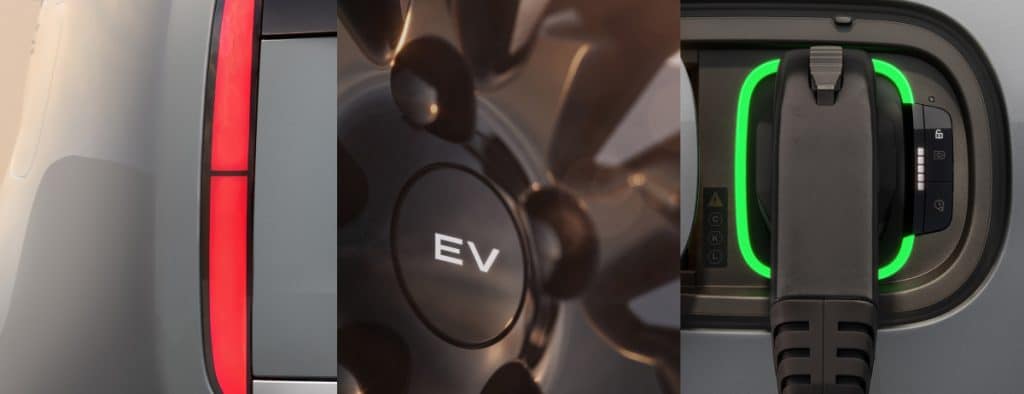In a rather unflashy but still significant move, Jaguar Land Rover (JLR) has driven its first all-electric Range Rover EV out of the shadows and onto the sunbathed streets of Dubai.
This isn’t a drill or a cleverly edited commercial. It’s real-world testing, a crucial step in the journey of any new vehicle, especially one carrying the weight of the Range Rover legacy.
The press release from JLR is almost casual in its mention of the UAE: “Global on-road testing has started, from Sweden to Dubai, in temperatures ranging from -40C to +50C.”
So, why Dubai? Well, if you can make it here, you can make it anywhere – quite literally. Dubai’s scorching temperatures are a torture test for any vehicle, particularly EVs, whose batteries and cooling systems get a real workout in such extremes.
The Range Rover EV is set to debut in 2024, a year earlier than initially planned. It’s still a prototype, of course, but one that’s far enough to sit beside you in traffic. JLR is promising performance on par with its V8-powered SUVs. That’s a lofty goal for a car that won’t have a petrol engine.
JLR is also keen to point out that this isn’t just a Range Rover with batteries slapped on. It’s being built on their new Modular Longitudinal Architecture, which is a fancy way of saying it’s designed from the ground up to be an electric vehicle.

With a whopping $19 billion investment earmarked for electric and autonomous vehicle technology, JLR is betting big on this electric future.
Testing in Dubai is just part of the journey. JLR’s aim is to make the EV as robust and capable as its petrol-powered cousins, capable of wading through deep water and handling whatever else you throw at it.
For pedestrians, it’s a reminder to look both ways – this new electric beast might be quieter, but it’s still a Range Rover.
